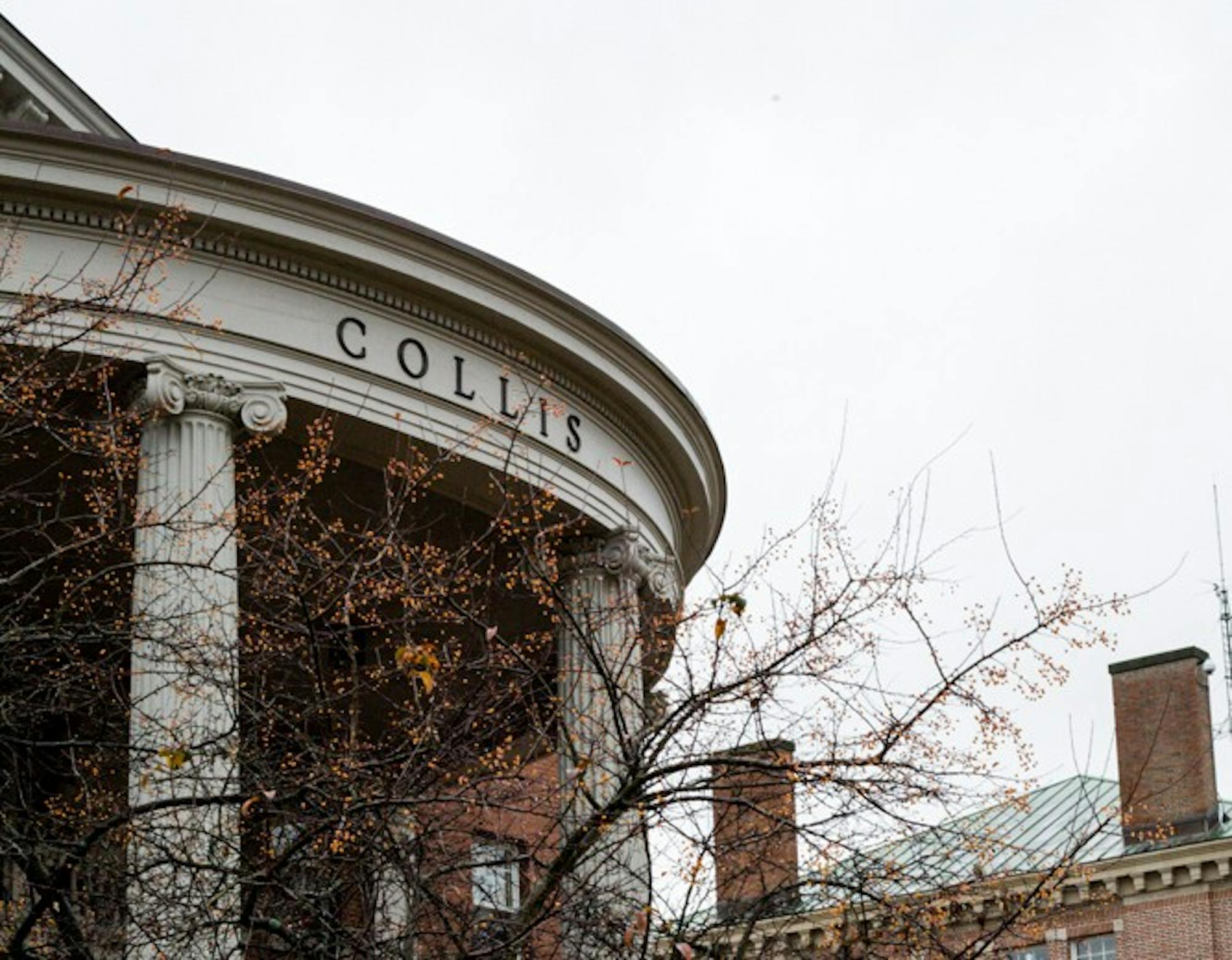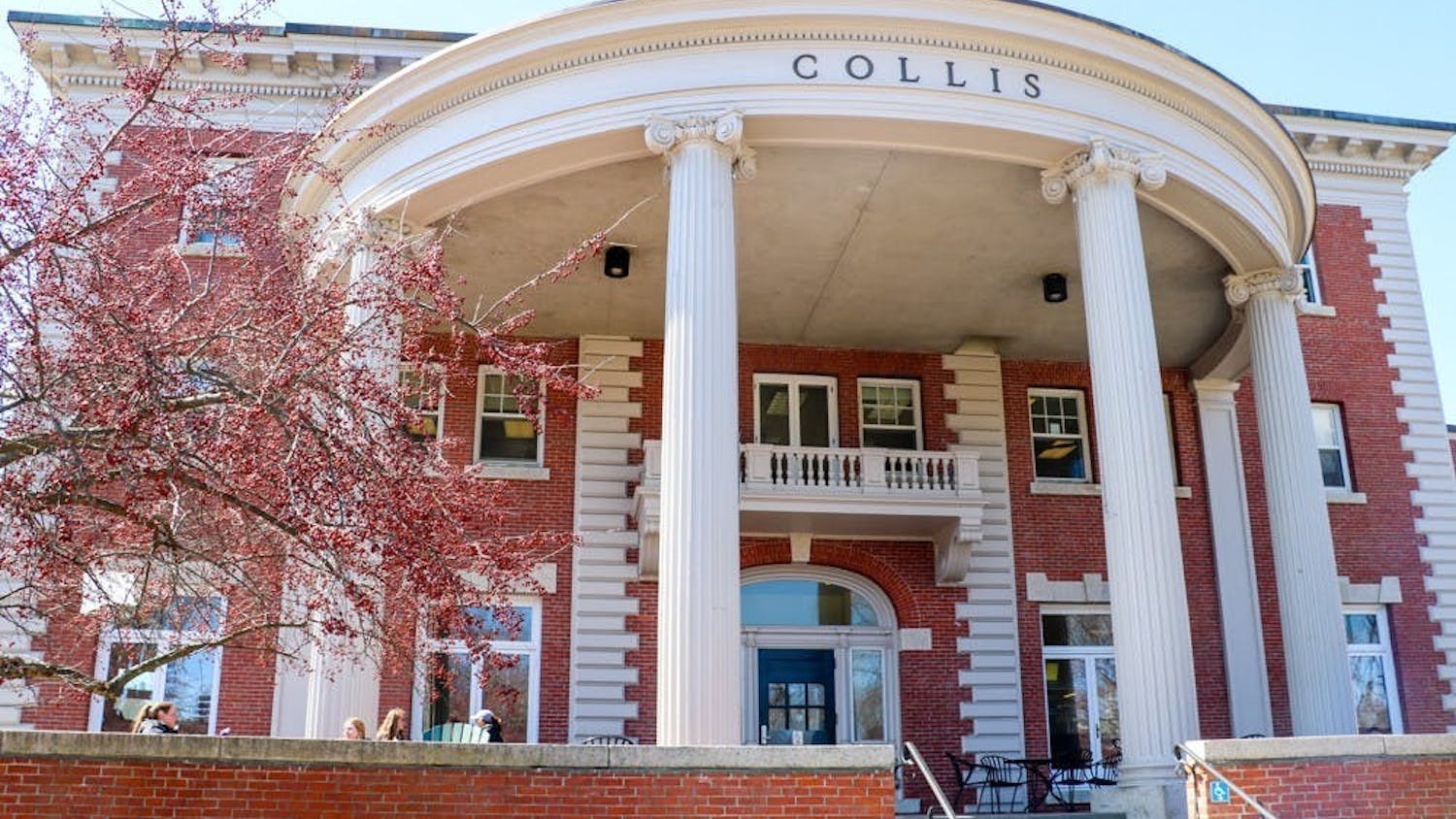On Friday night, the Elections Planning and Advisory Committee informed Student Assembly candidates Attiya Khan ’22 and Sebastian Muñoz-McDonald ’23 of its decision to temporarily suspend the Khan-Muñoz campaign until midnight on April 17. Khan and Muñoz-McDonald, who are running for SA president and vice president, respectively, were suspended by EPAC for a “tier three” violation of the committee’s election code, an infraction causing “serious harm to the fairness of the election process,” according to EPAC’s 2021 codebook.
According to Khan, EPAC sanctioned their campaign for “spreading false information” as well as for “some impassioned posts” made by supporters expressing anger towards SA based on the incorrect information shared by the campaign.
EPAC chair Zipporah Abraham Paiss ’23 directed a request for comment to the Khan-Muñoz campaign, noting that “EPAC does not discuss sanctions publicly.”
In the original Instagram post that resulted in the campaign being sanctioned, Khan and Muñoz-McDonald posted a graphic that claimed Student Assembly returned roughly $24,000 of its budget to the Office of Student Life “in the height of the pandemic … while students scrambled for a small handful of coach tickets and emergency funds across campus suffered from shortages.” Khan and Muñoz-McDonald said in an interview that they misinterpreted the $24,000 as money from SA’s budget that could have been spent on initiatives for student wellbeing.
“From our perspective, this was an honest mistake made using all information available, and essentially, we had drawn conclusions from information published on the Dartmouth Student Assembly Instagram [post],” Muñoz-McDonald said.
Khan said they spoke to “several people” about the numbers before posting them, including current SA members, students without ties to SA as well as former members of the Undergraduate Finance Committee.
“We spoke to former UFC members, and based on the graphic and the information that was publicly available, they interpreted it the same that we did,” Khan said. “While we do acknowledge this was a misinterpretation, we think that it was a misinterpretation that was not difficult to make.”
SA president Cait McGovern ’21 said that she and vice president Jonathan Briffault ’21 were not contacted by the Khan-Muñoz campaign until yesterday.
“If any of our materials are perceived as vague by any individuals we are always here to provide clarifications, answer questions and give them any information they may need to have a proper understanding as long as we are contacted — in which case we were not contacted until yesterday late afternoon,” McGovern said.
The SA Instagram post that Khan and Muñoz-McDonald said they based their information on stated that SA’s “allocated budget” for 19X through 20S was $56,000, but that $24,022.19 was “returned to the [Undergraduate Finance Committee] because of COVID-19.”
McGovern explained that when the COVID-19 pandemic hit last spring, the College refunded students for the student activities fee, and as a result the roughly $24,000 that was budgeted to be drawn from the student activity fee was never actually given to SA. Despite never having collected the funds from the UFC in the first place, SA still had to list the number in its budget for accounting purposes, according to Briffault.
McGovern and Briffault said that SA’s budget post on Instagram was made after consultation with last year’s SA president and vice president — Luke Cuomo ’20 and Ariela Kovary ’20, respectively — and senior assistant dean for student life Anna Hall.
Briffault acknowledged that the wording used in SA’s budget post contributed to confusion among students.
“I’m willing to admit that we clearly should have used a different word — people misread it — but I also think that people could have been more willing to actually consider what the word was intended to mean,” he said.
Since the sanction period’s conclusion at 11:59 p.m. on Saturday, Khan and Muñoz-McDonald have resumed campaigning and sharing posts on their social media accounts. In recent posts, the campaign has corrected its previous statements. One states that the roughly $24,000 in question was “not collected [by SA] because it represents an uncollected student activities fee.”
During a debate on Sunday between this year's candidates for Student Assembly president and vice-president, Khan apologized for the campaign's actions and said that they had "messed up."
While Khan and Muñoz-McDonald acknowledged having misinterpreted SA’s budget, they expressed frustration at the sanction imposed by EPAC that Khan called “pre-decided.” At a Saturday morning private hearing held by EPAC, Khan said that the campaign was only permitted to ask clarifying questions and was not given an opportunity to defend themselves.
“While we do accept and acknowledge the mistake that we made, we do think that there is a little bit of a transparency issue with how the hearing was held and conducted,” Khan said. “And we do wish that we had been allowed to prepare a defense or present one, and we were not able to do either of those things.”
Muñoz-McDonald added that prior to the hearing, EPAC notified their campaign that the hearing would offer “a process to appeal” and “provide [them] an opportunity to present [their] case.”
EPAC did not respond to an additional request for comment.
McGovern said the misinformation extended beyond the $24,000 misunderstanding and encompassed how money is allocated by the UFC, the spending parameters of SA’s budget and summer term funding.
According to McGovern, the Khan-Muñoz campaign incorrectly stated funding was allocated at the start of the academic year, when it has been allocated on a term by term basis since last summer term. She added that SA follows a “very strict set of guidelines” that govern what it can spend its budget on. For example, McGovern noted that the Dartmouth Coach, Concord Coach and Boston Express bus tickets are the only travel expenses that the SA is allowed to reimburse, adding that the SA cannot give students money to pay for their medical expenses, train tickets or plane tickets.
“There are very specific funding parameters that we operate within, and that is important for students to understand and know because information that is false, surrounding how we can spend our budget, is damaging the students’ understanding of what Student Assembly can do,” she said.
Lastly, McGovern said that the Khan-Muñoz campaign overstated the size of Student Assembly’s budget, which this year did not include funding for summer term.
“We did not quote-unquote accept any money,” McGovern said. “We are allocated money and we are given that by the College. We do not decide whether or not we would like to deny or approve or reject that funding. It is what is allocated, so it is just given to us. That is the process.”
Correction appended (Apr. 19, 2021): A previous version of this article incorrectly stated that the Khan-Muñoz campaign only consulted with non-SA members and former UFC members before posting to Instagram. The article has been updated to reflect that the Khan-Muñoz campaign also consulted current SA members.
Correction appended (Apr. 19, 2021): A previous version of this article omitted further examples that McGovern cited of misinformation spread by the Khan-Muñoz campaign. The article has been updated to reflect the examples.




